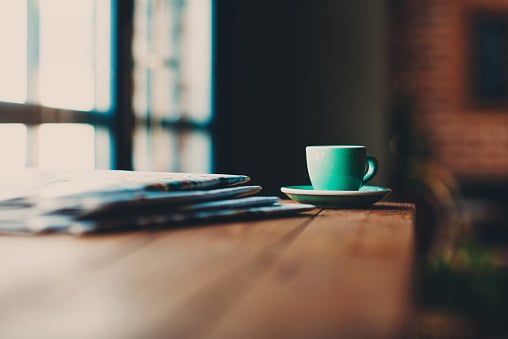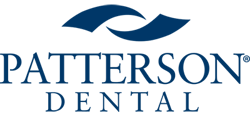If you are reading this, thank you. Thank you for taking a moment for normalcy in what feels like a really, really abnormal time. In fact, I invite you to settle into this issue of Membership Matters with a comfortable seat (my favorite spot is my yellow wingback chair with a fluffy blanket) and a drink of your choice (steaming fresh black coffee for me, please). As I write this, it is March 14th and so far this month, we have endured the resignation of our Executive Director, the cancellation of March Madness (and of the Oregon Dental Conference), and the declaration of a national emergency alongside a global pandemic. Now would be a good time to take a breath (and a sip of that drink you’re holding).

First of all, it is important to acknowledge that we may feel all sorts of feelings in light of changes within our organization, our offices and clinics, and our world. Personally, I have felt so much the past week: anxiety, obligation, loneliness, uncertainty, hope, gratitude, and more. I have also taken intentional actions to take care of myself: exercise, adequate sleep, connecting with loved ones, solo dance parties, and of course, washing my hands for at least twenty seconds.
These are good things. It is good that we feel, because it means that we are human. Notice those feelings with curiosity and compassion. And it is good that we care for ourselves because it acknowledges that our human bodies ask us for some basic upkeep. We all learned about Maslow’s Hierarchy of Needs in high school… Maslow told us that we first need to fulfill our basic physiological needs (food, shelter, sleep) before we can address our safety needs (health, employment, security), our relational needs, and finally our self-esteem and self-actualization. By sleeping, eating, and connecting with others, we are building the foundation for self-actualization.
Self-actualization? What does that have anything to do with Conor leaving or our world being infected with a new virus? Shouldn’t I be caring a lot more about masks right now than some guy named Maslow? Self-actualization is defined as “becoming everything that one is capable of becoming.”
It is my belief that, in a self-actualized state, we can best engage with transitions and crises. This engagement looks like recognizing, reaching, and reflecting.
Recognize. Take a moment to recognize what unique skills and characteristics you have. (If you don’t know where to start, VIA Institute on Character and Enneagram Institute are two of my favorite resources.) As we adjust to Life Without Conor, as we welcome a new Executive Director, and as we do our part to mitigate a global pandemic, we need to be very clear about what we each bring to the table. We need your inimitable knowledge and talents. We are an organization – and a profession – of stellar individuals, and we are made better when we bring our individuality together for collective success.
Reach (more specifically, reach out). Now that you know what you have to offer, how can you use your gifts to be in service to others? Transitions big and small rely on us to act as an open-hearted community instead of as selfish individuals. I plan on supporting organizations that will support students during school closures, and running errands for folks who are over 60 or otherwise immunocompromised. How will you reach out?
Reflect. Finally, we need to take a moment to ask what we will learn from these challenges. I think we will learn a lot about our resilience as an organization and as humans. I also hope that we learn about the importance of supporting our communities. And maybe we also end up learning important lessons about distance learning, access to health care (and access to supplies), and disaster preparation.
May we all continue to take care of ourselves and take care of each other, especially through instability, by recognizing, reaching, and reflecting. Now go wash your hands.
__________
Dr. Alayna Schoblaske, Editor, Oregon Dental Association
Oregon Dental Association Membership Matters Editorial - April 2020
Stock photo credits: Abdulrahman/EyeEm/Getty Images


